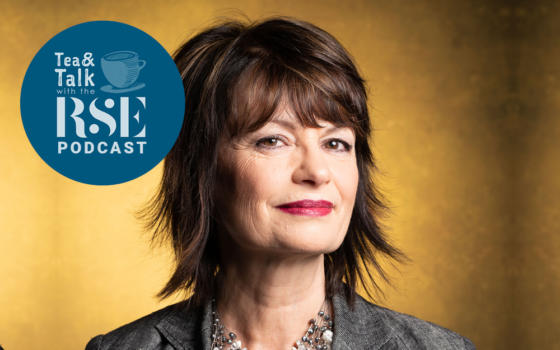Scotland is a very research-intensive nation, but for the publicly funded knowledge it creates to have real value, it needs to be translated into robust, credible policy that improves, and sometimes saves, lives.
This has come into sharp focus during the coronavirus pandemic. In less than a year, we know what causes Covid-19, who is at most risk, how the virus spreads and how to stop it. We have identified some treatments and we are well on our way to having a vaccine. So, are we “following the science”?
The public and politicians are constantly saying that they are “guided by the science”. But, if politicians and policymakers listened to the science regularly, maybe we would have been better prepared. A global pandemic is top of the UK risk register, yet we were woefully unprepared. We were not listening to the science.
Science is not just for emergencies; it underpins everything we do in life. Too often, scientific evidence is cherry-picked to suit a policy, or if the science does not fit the political philosophy we say there is uncertainty, and we cannot act until we have more evidence. Maybe now is the time to take stock of how science is used.
Our education system must prepare our citizens for a world that is almost wholly dependent on science, engineering and technology. As individuals, we must be informed enough that we are able to interrogate what we are told, make demands and challenge the decisions of those in power.
The public have been disempowered and have become passive in the face of challenges or emergencies and that does not bode well for the future, because there are more pandemics and other emergencies on the horizon. We need a capable and resilient population where every citizen embraces personal responsibility and holds those they elect to account.
And what of the politicians? Sometimes it seems that they are pursuing their own objectives and not ours.
We want them to be honest, to work hard on our behalf, to listen to us, to engage in responsible debate, and to lead. That leadership needs our politicians to listen to the range of evidence, and then tell us what is being used and what is being rejected, with the requisite justification. With this sort of relationship, maybe we can rebuild trust and better things might be possible.
Science will not, and should not, tell us what to do but it does allow us to understand the challenges facing us and provide options for policymakers. The very least we can do is to learn lessons from the current pandemic so we are better prepared for further shocks, and to start imagining a better future that we all must shape.


